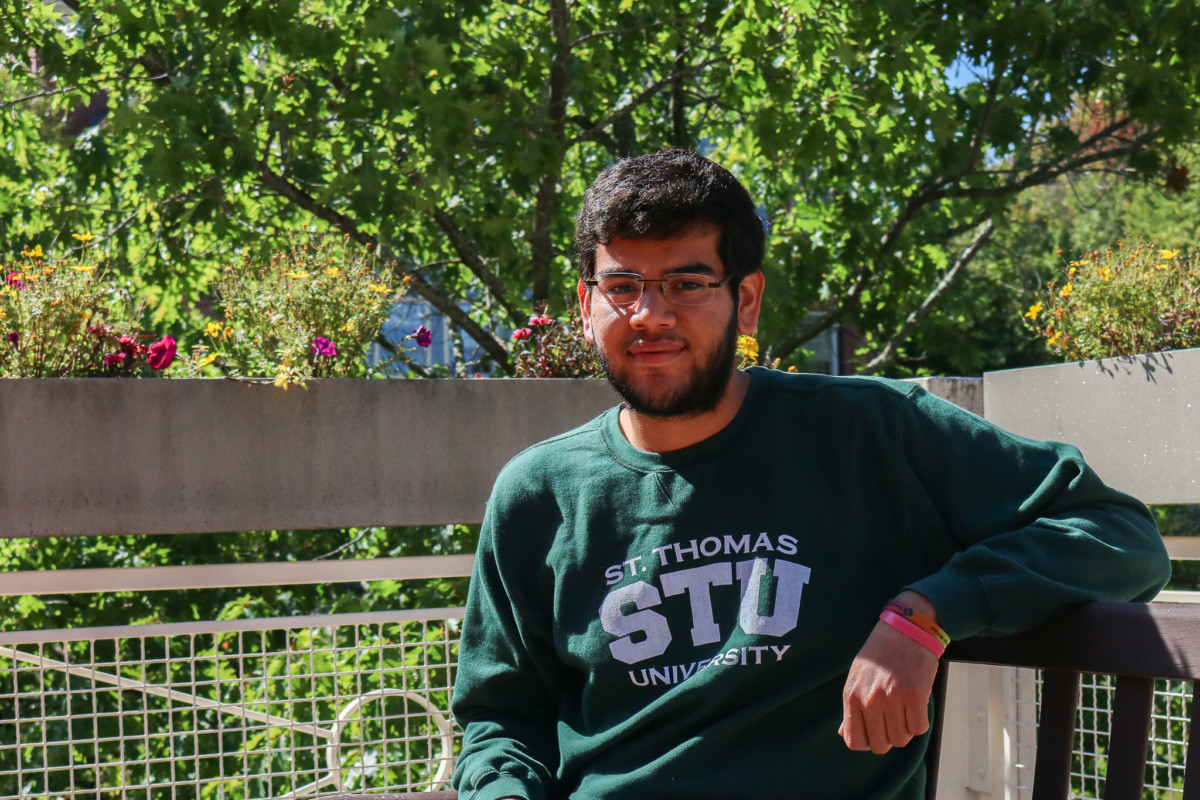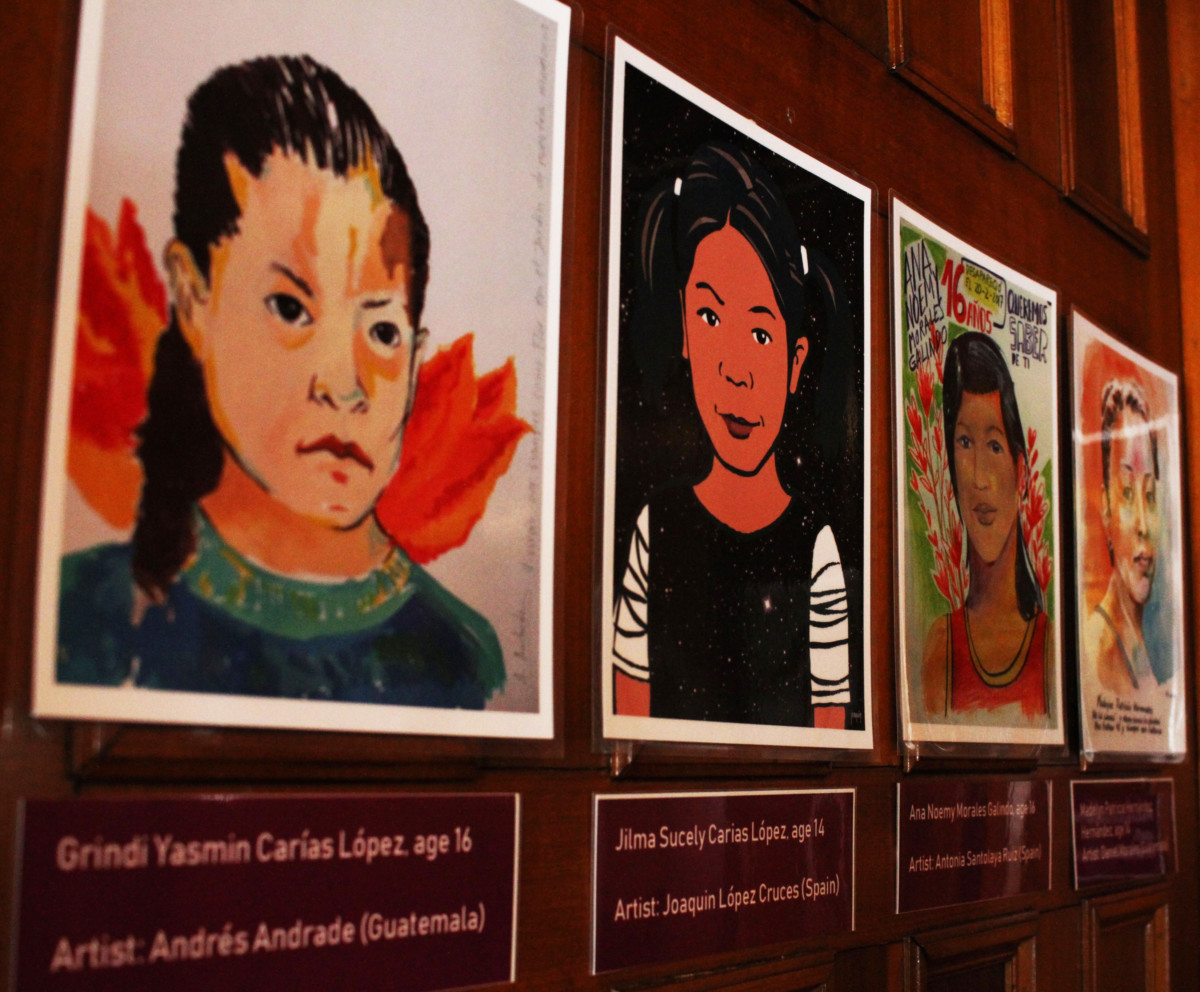Fourth-year student Manuel Garcia was filled with sadness when he learned 41 girls were killed in a fire on International Women’s Day in March 2017.
The girls lived in a state-run children’s home in San José Pinula, Guatemala where they were abused, raped and mistreated. The day before the fire, they protested their living conditions. As a result, police locked 56 girls in a small room overnight. The next morning a fire broke out, killing 41.
Garcia is from Nicaragua, a country that’s also located in Central America and was president of the St. Thomas University International Students’ Association last academic year. He decided to donate some of the funds STUISA gets from its annual multicultural fair to the cause.
“It sort of hit close to home for me … The story they told about what happened to the girls, it might be an isolated case, but it’s something that happens often,” Garcia said.
Nobody has been convicted for the deaths as of yet.
“Police brutality or abuse of power is something very common, not just in Central America, but in Latin America as a whole,” said Garcia.

Garcia learned about the tragedy through Nos Duelen 56, a campaign organized by Colectivo 8 Tijax, a Guatemalan-based collective that advocates for justice for the victims.
Last year, Colectivo 8 Tijax visited the University of New Brunswick campus along with Breaking the Silence Network, a voluntary network of people in the Maritimes that supports efforts of Guatemalans struggling for political, social and economic justice.
After the organization talked about the cause, Garcia approached a representative of the group and said he wanted to help.
He ran the idea by STUISA’s executive board and they agreed.
“A lot of times, people think that when an international student leaves their country, they forget where they come from. But we don’t,” Garcia said.
“One of our goals as STUISA is to have a more meaningful impact, not just in this [STU’s] community, but in the Fredericton community as a whole.”
STUISA’s multicultural fair takes place every March and raises funds for bursaries for international students. Tickets were $15 and Garcia said often over 100 people attend, so there was potential to make a big change with the money raised.
Last year’s fair raised $3200, $1000 was allocated to bursaries and $1700 was for STUISA funds. The remaining $500 would be donated to Colectivo 8 Tijax to support Nos Duelen 56.
The donation, made on Sept. 20, came to $456 after Western Union’s $44 transaction fee.
Tracy Glynn, a STU professor and a Breaking the Silence Network volunteer, thinks the tribute is very heartening.
“I think this donation will mean a lot to the women’s collective in Guatemala that does very hard and important work,” she said, referring to Colectivo 8 Tijax.
Garcia said he often asks himself how he can do his part to stand against oppression in Guatemala.
“I think one thing is educating yourself on what is going on in other countries and spreading awareness,” Garcia said.
“There’s lots of room for new initiatives, and it depends on the person and what you want to do, but not being scared to launch initiatives on your own is a big thing.”

